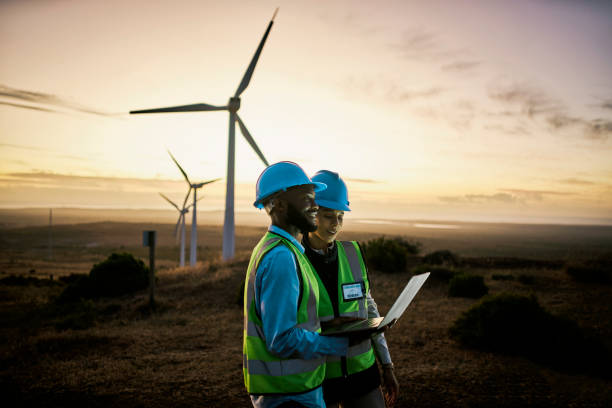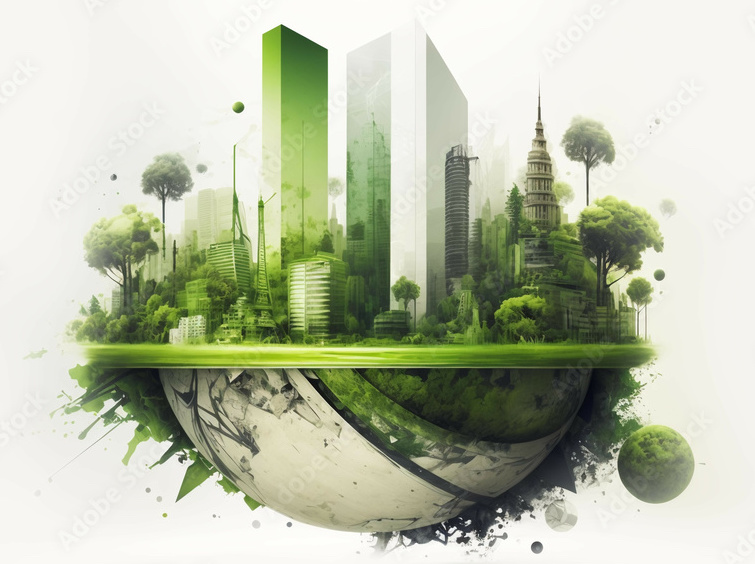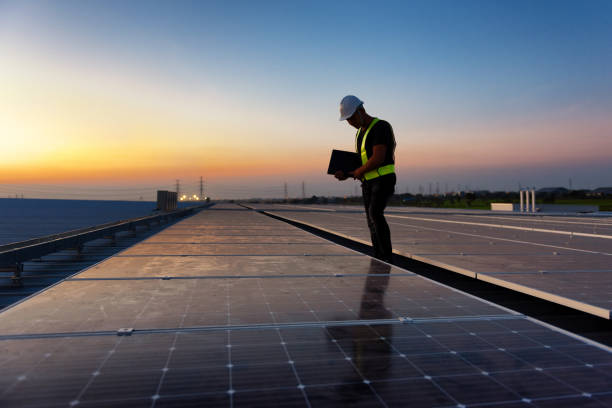



Engineers Australia
Key Info
Challenges
No Challenges provided!
Sharing goals and challenges helps audiences understand the brand's mission and fosters community support for its efforts.
Brand Journey
Sustainability Information
Engineers Australia (EA) believes that sustainable engineering will be crucial for future generations to enjoy environmental, social and economic conditions that are equal to or better than those enjoyed by the present generation. This is reflected in EA’s Sustainability Policy.

Code of Ethics
Engineers, through our Code of Ethics, have a responsibility to benefit the community by creating sustainable solutions. But this goes beyond the engineer’s professional responsibilities. Beneficiaries from sustainability can include politicians, companies, accountants, employers, employees, communities, indeed most people and most life forms. Engineers have contributed greatly to society’s current lifestyle, but by many measures the natural environment is in decline. This is despite efforts such as the United Nations goals of Sustainable Development. For example: • Over the past few hundred years, it is estimated that humans have been responsible for up to a thousand times more extinctions than the natural rate. • Global warming has already reached 0.9°C, is on track to reach 1.5°C even if we stop all further CO2 equivalent emissions today, and is likely to reach 4°C by 2100, based on current predictions.

Sustainability Policy
The environment has not just intrinsic value, but an economic value significantly larger than GDP. Continued degradation of the environment is unsustainable, but what does this mean to members of Engineers Australia? The EA Sustainability Policy states that, ‘For our members, sustainability means that future generations will enjoy environmental, social and economic conditions that are equal to or better than those enjoyed by the present generation’.

It is vital to understand the relationship between those environmental, social and economic conditions—to recognise that we live in and are totally dependent on the environment—
